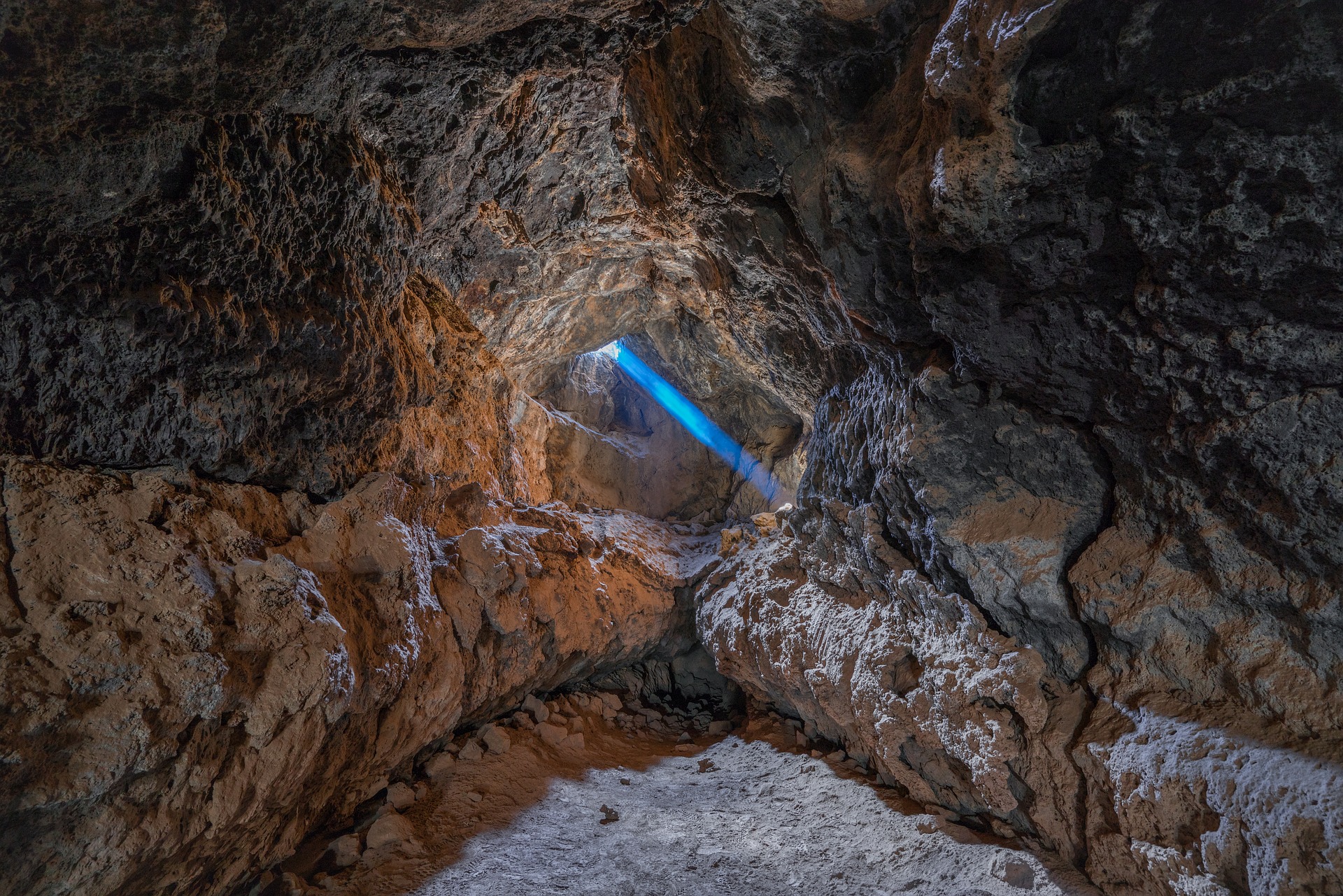The Land tensure System is something that many people are not familiar with, but it is vital. Land tensure refers to the type of ownership a person has over land, and this can be either freehold, leasehold, or secured. This article will help you understand what these three different types of Land tensure Systems mean and how they differ from one another.
Secured
It is the most common type of tensure, and it means that the person has full ownership rights over the land. This includes the right to sell, lease or mortgage the property. The government also guarantees the title to the ground, so it cannot be taken away without due process.
Freehold
It gives a person full ownership rights over the land, just like in Secured Land tensure. However, there are some restrictions on doing with the property. For example, you may not be able to sell or lease it for a period of time after you have bought it.
Leasehold
This system is when someone owns the land for a specific time, usually 99 years. After that, the ownership reverts back to the government. Leasehold land is often used for commercial or industrial purposes.
To conclude, the three types of Land tensure Systems are Secured, Freehold and Leasehold. Each one has its own benefits and drawbacks, so it is vital to understand them before deciding.





